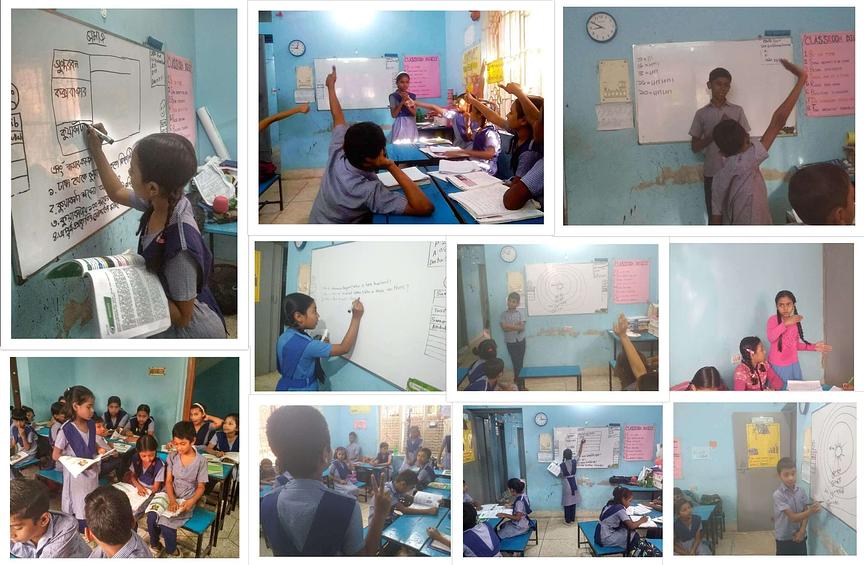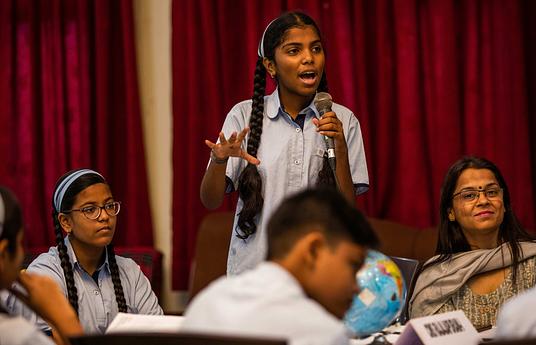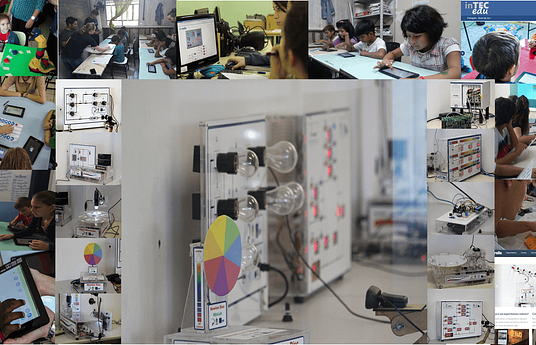As an educator, I experienced two vital gaps in ongoing educational leadership models. Firstly, less inclusion of students in the teaching-learning process. Secondly, no or less care for students 80% of the passed time in the community. These two gaps made me think deeply about sustainable solutions for transforming future leaders.
This model aims to build four qualities (self-awareness, ownership, problem-solving, and communication) among students to help them transform into leaders. Most importantly, three core values (respect & empathy, interdependence, and sense of possibility) have been considered for students to be a better version day by day. There are four phases in implementing this leadership development model in educational institutions. Throughout these four phases, students will get enormous spaces and scopes to get involved with teaching-learning process, school leadership, and community leadership.
For the last six years, this model has been implemented in an NGO-run school in Dhaka named Aalok Shikkhaloy School. In 2018, this institution was reformed based on this leadership development model. More than 2,000 students, teachers, and community people are still being impacted through this leadership model.
- Understand this leadership model deeply.
- Educate the relevant stakeholders about this model.
- Build awareness among parents, teachers, and students of transforming leadership for both school and community.
- Organize workshops with students on how to build leadership from a holistic lens.
- Implement this leadership model.



